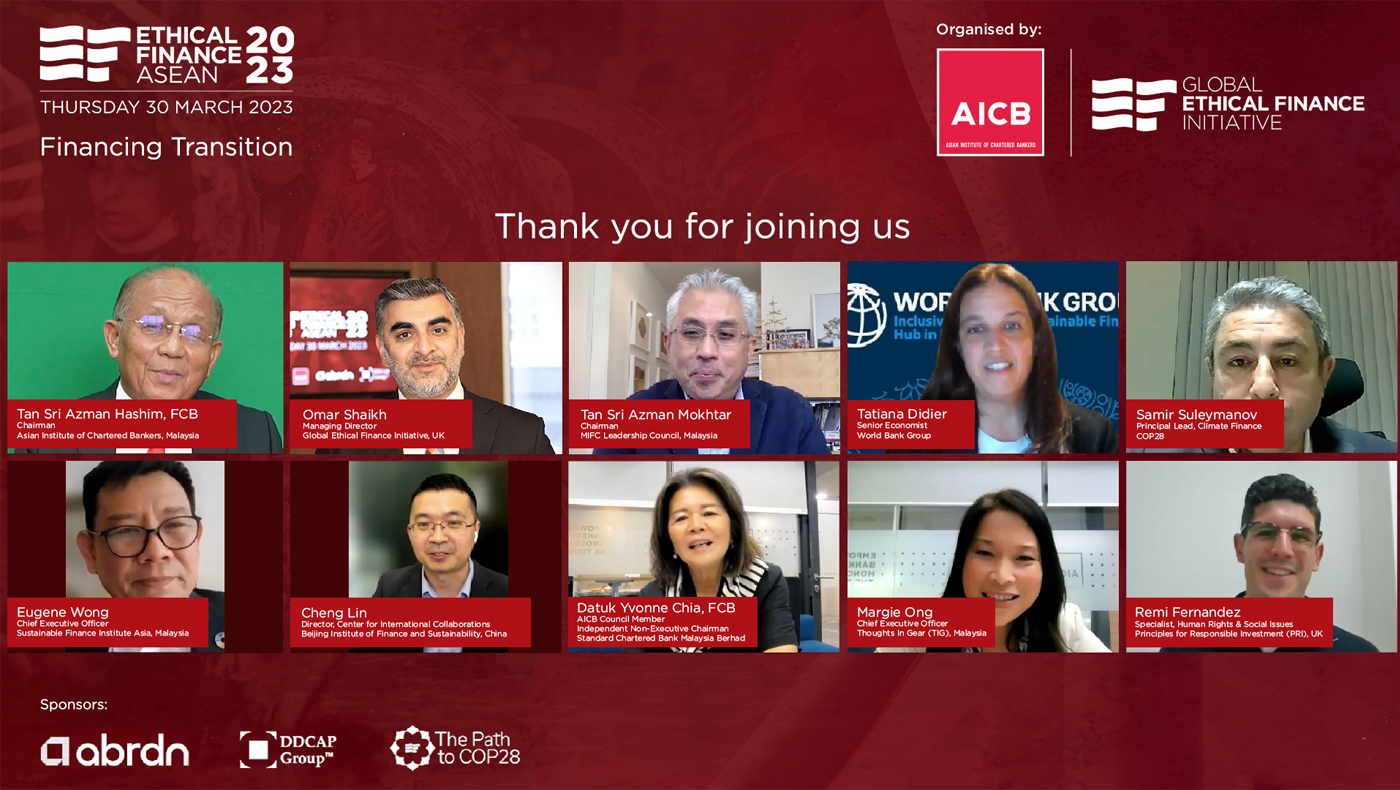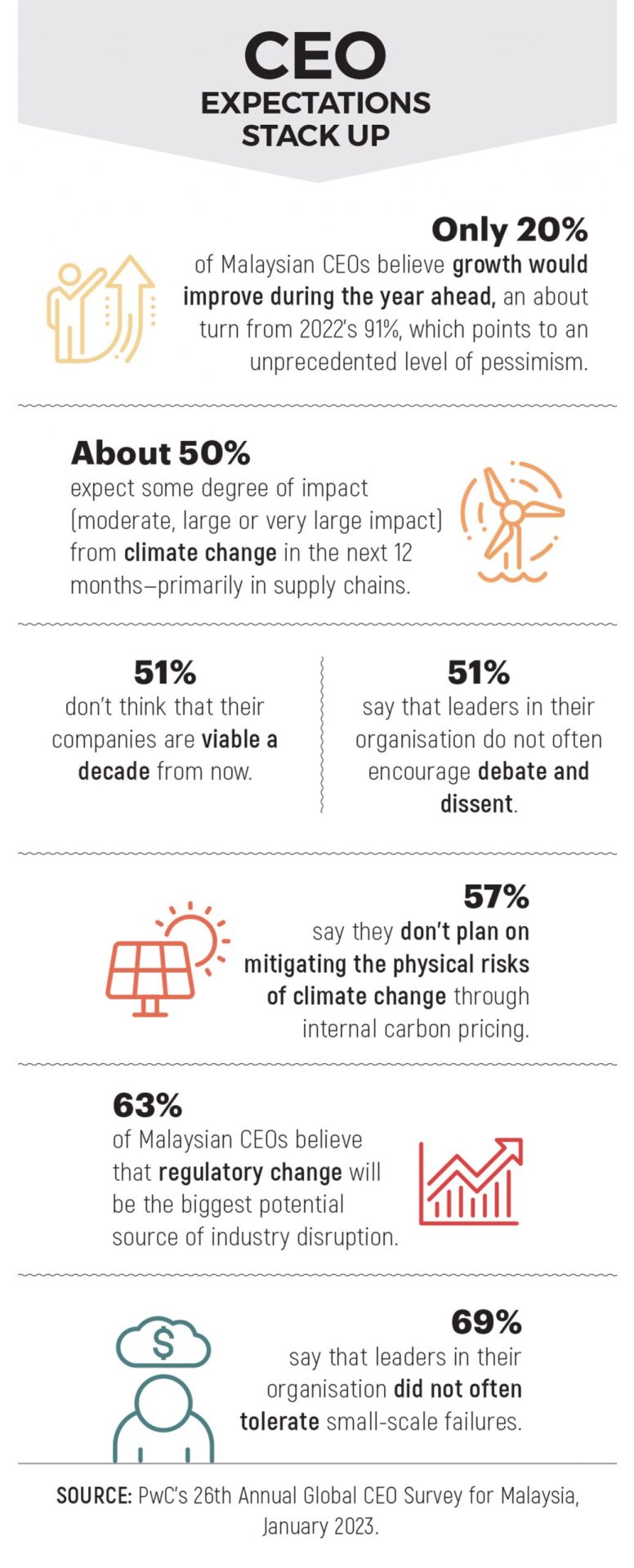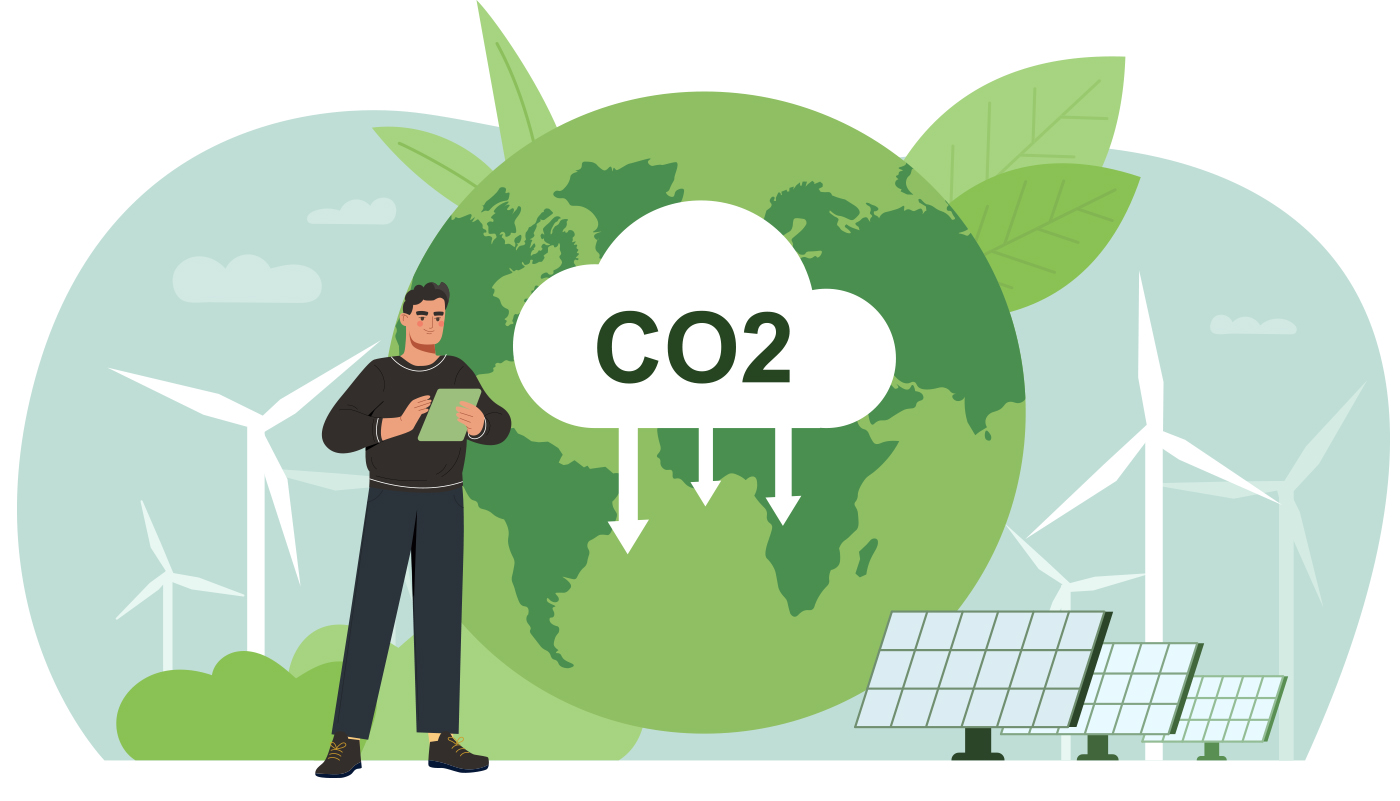ASEAN’s Ethical Finance Front
Building on last year’s success, the Asian Institute of Chartered Bankers and the Global Ethical Finance Initiative jointly organised the Ethical Finance ASEAN 2023, which took place on 30 March 2023. Themed ‘Financing Transition’, the virtual summit convened regional and global experts on sustainable and responsible finance, exploring how financial institutions in the region can support Southeast Asian economies in their transition towards net zero. Discussions centred on the ASEAN Sustainable Finance Taxonomy, the importance of a social dimension to financing, nature and biodiversity, the role of Islamic finance, and the professional skills needed to deliver the transition.

Attracting close to 700 delegates from over 20 countries, this year’s summit was a deep-dive into critical sustainability issues for regional players, including the ASEAN Sustainable Finance Taxonomy, a just transition and the importance of a social dimension to financing, the role of Islamic finance, and the professional skills needed to deliver such transition.
Included in the esteemed line-up of global speakers were Tatiana Didier, Senior Economist, World Bank Group, USA; Samir Suleymanov, Principal Lead, Climate Finance, COP28, USA; Omar Shaikh, Managing Director, Global Ethical Finance Initiative, UK; Remi Fernandez, Specialist, Human Rights & Social Issues, Principles for Responsible Investment, and Sylvi Gani, Director, Financing and Investment, PT Sarana Multi Infrastruktur, Indonesia.
Hack Me If You Can
Stress-testing the system takes on an added dimension as Bank Negara Malaysia (BNM), in partnership with the Financial Intelligence Consultative Group (FICG), announced its AML/CFT Hackathon 2023 from 1–28 June 2023.

The Hackathon, now in its third instalment, builds upon past efforts by the BNM and the Australian Transaction Reports and Analysis Centre following the International Financial Intelligence Unit Codeathon in 2017 and the ASEAN-Australia Codeathon in 2018. Prototypes developed from past iterations included enhancement of anti-money laundering/counter-financing of terrorism (AML/CFT) compliance and artificial-intelligence-based suspicious matter reporting.
In its press release on 20 April, Marzunisham Omar, BNM Deputy Governor said: “Global challenges require global solutions. Financial crime is a global issue, and we all have a role to play in maintaining the integrity of the financial system. We are pleased to continue our long-term partnership with FICG through this search for creative solutions to curb financial crimes, particularly scams, from talented individuals across the region.”
The Hackathon features workshops and mentoring sessions run by cybersecurity and AML/CFT experts for participants, who will work in teams to prototype innovative digital solutions in response to real-world pain points in combating financial crimes. Pitches will be evaluated in three separate tracks to reflect different categories of participants – public sector, private sector, and an open category – with the best team winning a USD5,000 prize and the chance to present their prototype to senior financial intelligence officials in the region.

‘This Message Is Not Approved’

In January 2023, employees from a major investment bank fined its own bankers and clawed back salaries ranging from a few thousand dollars to over USD1 million per employee. The fines imposed on its bankers came after the lender was fined USD200 million by the US Securities and Exchange Commission (SEC) for unauthorised business-related communications using WhatsApp. The SEC and Wall Street’s Financial Industry Regulatory Authority mandate that all broker-dealer records be monitored on approved digital channels. WhatsApp and other messaging apps like Signal are not approved digital channels as messages on these apps can be deleted by users.
Back in September 2022, the SEC imposed a groundbreaking USD1.8 billion fine on 16 financial firms after a probe uncovered widespread discussions of deals and trades on their personal devices and apps.
A month later, sources told Reuters that the SEC investigation had expanded to include investment funds and advisers. The news agency also reported that some of the banks that were fined had informed employees of future pay and bonus docks if they were found to have used unauthorised communication channels in the securing of deals and investments.
Little Progress, Little Consensus
The Green Future Index 2023, MIT Technology Review’s annual ranking of 76 countries and territories, measures the degree to which these economies are pivoting toward clean energy, industry, agriculture, and society through investment in renewables, innovation, and green policy.
Scored across five pillars – carbon emissions, energy transmission, green society, clean innovation, climate policy – the research comprised in-depth secondary research and analysis along with interviews with global climate experts. Key findings from the report:
+ Green Leaders reveal more consistency than progress. All but three countries in the top ranks for 2023 — Green Leaders — were in the same cohort for 2022. Iceland remains top-ranked, and only one of the top 10 (South Korea, rising from 10th place to eighth) was not European. All Green Leaders retained their low-carbon attributes, but roughly half saw scores decline during the past year. This suggests that although efforts to reduce carbon in their economies are increasing and policy work is strengthening, early returns are diminishing.
+ Jumping around in the Greening Middle. The 20 countries of the Greening Middle put sustainable policy formulation into action, and many moved forward substantially. These include emerging economies that were able to link sustainable policies to economic incentives, including South Africa (in 25th place for 2023, up from 31st) and Uruguay (26th, up from 38th in 2022). As in past years, the highest-ranked emerging economy for the Green Future Index 2023 is Costa Rica, in 24th place.

+ Wealth matters. Despite notable efforts to link economic and sustainable development, emerging economies continue to fare poorly in the index. Correlating rankings with GDP per capita reveals an uncomfortable truth: wealth contributes significantly to a country’s ability to define its low-carbon future.
+ Economics alone does not define the future. Seventeen of the 35 countries that improved scores in 2023 were poorer countries. Argentina and Indonesia saw the biggest increases of all countries for 2023, moving 20 and 21 places respectively, placing them in 48th and 49th overall. Significant commitment to improving a single pillar was behind both increases: Argentina’s green society score and Indonesia’s carbon emissions score.
+ The unbearable weight of carbon. Economic overreliance on fossil fuel production or natural resource extraction contributes to lower scores. Most Climate Laggards are weighed down by carbon-intensive industries. Australia is notable for beginning to free itself from its carbon-intensive economy and new policy-focused business incentives allowed it to jump 10 places to 42nd place. Malaysia ranked 68th from 65th although it was noted that the country is “not without significant sustainability aspirations”.
Rolling Up Sleeves in SVB Aftermath
As the dust starts to settle on the Silicon Valley Bank (SVB) buccaneer saga, the US Financial Stability Oversight Council (FSOC) has proposed guidelines ensuring nonbank financial institutions come firmly under greater regulatory supervision in order to avoid future similar threats to the financial system.
The Council, chaired by Treasury Secretary Janet Yellen and 15 other members including Federal Reserve Chair Jerome Powell, issued a new proposed guidance for public comment on designating nonbank financial companies for Federal Reserve supervision and enhanced prudential standards. In its statement, the FSOC elaborates that the proposal would “replace the Council’s existing guidance and describes the procedural steps the Council would take in considering whether to designate a nonbank financial company”.
The FSOC’s proposed actions comprise of a two-stage evaluation process to determine whether a nonbank financial company should be subject to Federal Reserve supervision and prudential standards. If a company is designated, it will be subject to annual reevaluations of such designation. Its objectives are to enhance the FSOC’s ability to address financial stability risks and be transparent on how the designation process will be operationalised.
At the same meeting, it also announced a proposed new analytic framework to explain how such nonbank financial company designations will bolster financial stability risk monitoring and mitigation in order to, as Yellen says, “help prevent financial disruptions from starting and spreading in the first place”.